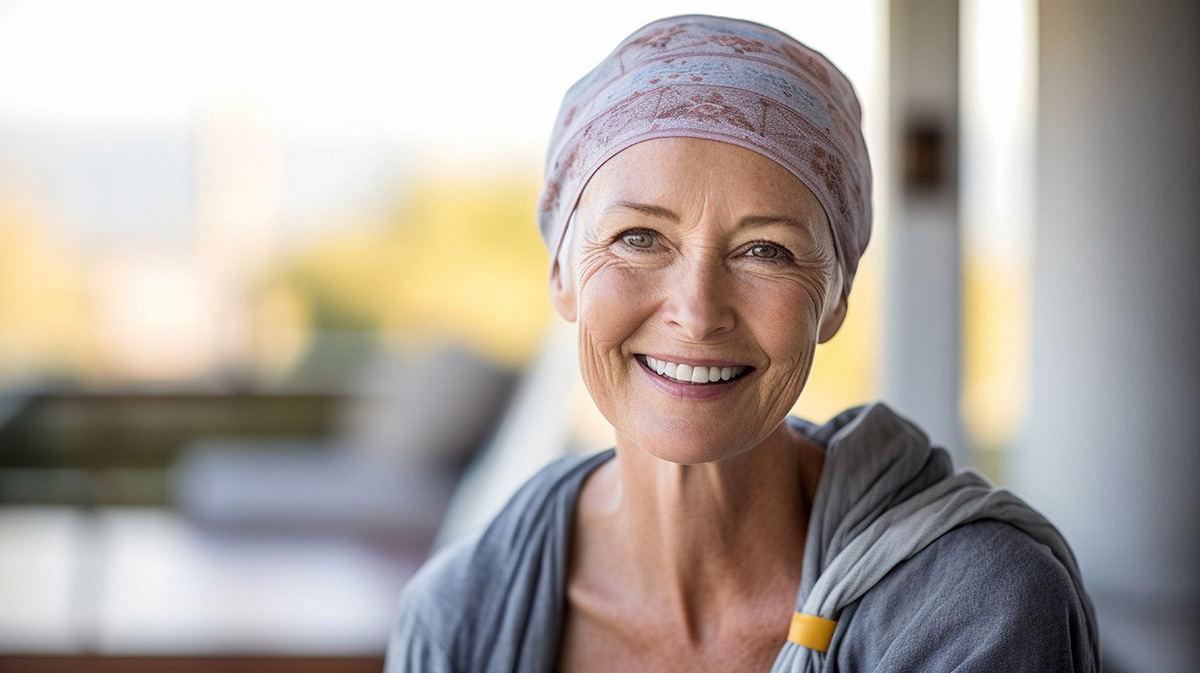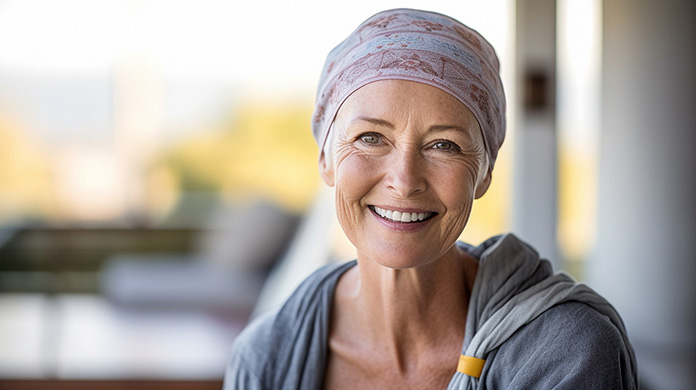
Acupuncture, a component of traditional Chinese medicine (TCM), has gained significant attention in recent years as a complementary treatment for various health conditions, including cancer. This ancient practice involves the insertion of thin needles into specific points on the body, aiming to balance the body’s energy, known as “Qi” (pronounced “chee”). While acupuncture is not a cure for cancer, numerous studies and patient testimonials suggest that it can provide valuable support to cancer patients, helping to alleviate symptoms, reduce side effects from treatments, and improve overall well-being.
Understanding Acupuncture
Acupuncture has been practiced for thousands of years and is based on the belief that health is maintained by the proper flow of Qi through pathways known as meridians. When this flow is disrupted, it can lead to illness. By inserting needles into specific points, practitioners aim to restore balance and promote healing.
In the context of cancer care, acupuncture is often used in conjunction with conventional treatments such as chemotherapy, radiation, and surgery. It is important for patients to discuss acupuncture with their oncologist to ensure a coordinated approach to their treatment plan.
Benefits of Acupuncture for Cancer Patients
1. Pain Management: One of the most common symptoms experienced by cancer patients is pain. Acupuncture has been shown to effectively manage pain by releasing endorphins and promoting relaxation. Studies have indicated that acupuncture can reduce pain levels in cancer patients, particularly those undergoing treatment. This reduction in pain can lead to improved quality of life and make it easier for patients to engage in daily activities.
2. Nausea and Vomiting Relief: Chemotherapy is notorious for causing nausea and vomiting, which can severely impact a patient’s ability to eat and maintain nutrition. Research has demonstrated that acupuncture can significantly reduce the incidence and severity of nausea and vomiting associated with chemotherapy. The World Health Organization recognizes acupuncture as an effective treatment for these symptoms, making it a valuable tool for cancer patients.
3. Fatigue Reduction: Cancer-related fatigue is a common and debilitating side effect that can persist even after treatment ends. Acupuncture may help alleviate fatigue by improving energy flow and enhancing overall well-being. Some studies have shown that patients who receive acupuncture report lower levels of fatigue and increased energy levels, allowing them to participate more fully in life.
4. Improving Mood and Emotional Well-being: A cancer diagnosis can lead to significant emotional distress, including anxiety, depression, and stress. Acupuncture has been found to have a positive impact on mental health, helping to reduce feelings of anxiety and depression. The practice promotes relaxation and a sense of calm, which can be particularly beneficial for patients navigating the challenges of cancer treatment.
5. Enhancing Immune Function: Some research suggests that acupuncture may enhance immune function, which is crucial for cancer patients. A strong immune system can help the body fight cancer cells and recover from the side effects of treatment. While more research is needed in this area, the potential of acupuncture to support immune health is an encouraging prospect for cancer patients.
6. Supporting Overall Quality of Life: Acupuncture’s multifaceted benefits contribute to an overall improvement in the quality of life for cancer patients. By managing pain, reducing nausea and fatigue, and enhancing emotional well-being, acupuncture can help patients feel more in control of their health and improve their overall experience during treatment.
The Role of Acupuncture in Palliative Care

Palliative care focuses on providing relief from symptoms and improving the quality of life for patients with serious illnesses, including cancer. Acupuncture can play a vital role in palliative care by addressing physical symptoms and emotional distress. It is often used as part of a holistic approach, complementing other therapies and treatments.
Patients receiving palliative care may benefit from acupuncture to:
– Manage pain and discomfort
– Alleviate anxiety and stress
– Improve sleep quality
– Enhance appetite
– Promote relaxation and emotional well-being Safety and Considerations
Acupuncture is generally considered safe when performed by a trained and licensed practitioner. However, patients should always consult their healthcare team before starting acupuncture, especially if they are undergoing treatment for cancer. It’s essential to inform the acupuncturist about any medical conditions, medications, or treatments being received.
Here are some important safety considerations:
– Choose a Qualified Practitioner: Look for a licensed acupuncturist with experience in treating cancer patients. They should have knowledge of the specific needs and concerns of individuals undergoing cancer treatment.
– Inform Your Healthcare Team: Make sure your oncologist and other healthcare providers are aware of your acupuncture treatments. This ensures that all aspects of your care are coordinated and that there are no contraindications.
– Watch for Side Effects: While acupuncture is generally safe, some patients may experience minor side effects such as soreness at the needle site, bruising, or fatigue. These effects are usually temporary.
– Personalized Treatment Plans: Every cancer patient is unique, and treatment plans should be tailored to individual needs. A qualified acupuncturist will assess the patient’s condition and develop a personalized treatment plan based on their specific symptoms and treatment goals.
Research and Evidence
The scientific community has increasingly recognized the benefits of acupuncture for cancer patients, with numerous studies highlighting its effectiveness. For example:
– A systematic review published in the journal “Journal of Clinical Oncology” found that acupuncture significantly reduced chemotherapy-induced nausea and vomiting.
– Another study published in “Cancer” demonstrated that acupuncture improved quality of life and reduced fatigue in breast cancer survivors.
– Research in “Supportive Care in Cancer” indicated that acupuncture could alleviate pain and improve emotional well-being in cancer patients.
While more extensive and rigorous studies are needed to fully understand the mechanisms and long-term benefits of acupuncture, the existing evidence supports its use as a complementary therapy for cancer patients.
Conclusion

Acupuncture is a valuable complementary therapy that can offer numerous benefits to cancer patients. From pain management and nausea relief to improved mood and overall quality of life, acupuncture provides a holistic approach to support individuals during their cancer journey. As more research emerges and awareness grows, acupuncture is likely to become an integral part of cancer care, helping patients navigate the complexities of treatment and enhancing their overall well-being.
For cancer patients considering acupuncture, it is essential to consult with healthcare providers and choose a qualified practitioner. With the right approach, acupuncture can be a powerful ally in the fight against cancer, offering relief, support, and hope.

Lee Schwalb is a licensed acupuncturist in New York City with over 20 years of clinical experience, treating a broad range of health issues, from idiopathic pain and acute injuries to stress, anxiety and many other conditions.

